Liberia hosts 51st ECOWAS summit
Last weekend, in Monrovia, Liberia, the Economic Community of West African States (ECOWAS) held its 51st summit. During the summit, Togolese President Faure Gnassingbe was elected to serve as the chair of ECOWAS, succeeding Liberian President Ellen Sirleaf Johnson who served this past year.
One of the most important decisions that came out of the summit was to admit Morocco into the economic body, “because of [its] strong and multi-dimensional links of cooperation with West Africa.” Morocco applied to join ECOWAS in January after it rejoined the African Union. ECOWAS, in principle, approved the North African country’s application to join the West African body, despite its geographic location. However, leaders have stated that the details of the implications of Morocco’s membership must be worked out before its formal integration.
One notable foreign presence at the summit was that of Israeli Prime Minister Benjamin Netanyahu. During his remarks, Netanyahu stated his intention to expand trade and alliances with the West African blocs. In this realm, he pledged $1 billion to ECOWAS countries for green energy projects. Netanyahu asked the West African body for its support “in rejecting anti-Israel bias at the United Nations and in bodies such as the general assembly, UNESCO, and the Human Rights Council.” Moreover, Israel and Senegal mended diplomatic ties during a side conversation between President Macky Sall and Prime Minister Benjamin Netanyahu. The ties were severed after Senegal co-sponsored a U.N. Security Council resolution in December condemning the presence of Israeli settlements in Palestinian territories. The Israeli ambassador, who had been recalled by Netanyahu in the aftermath of the U.N. vote, will now return to Dakar
On the security front, the summit decided to extend the mandate of the ECOWAS mission in Guinea-Bissau for three months and the one in the Gambia for 12 months. The latter might pose issues as resident of former Gambian President Yahya Jammeh’s native village have been protesting the presence of ECOWAS troops in the area.
South Africa records its first recession since 2009, and Lesotho holds elections
This week South Africa acknowledged a technical recession after its gross domestic product contracted in the last two consecutive quarters. According to the latest figures from South Africa’s national statistical agency, the country’s GDP declined by 0.3 percent in the fourth quarter of 2016 and by 0.7 percent in the first quarter of 2017 (on an annualized basis). These numbers run counter to projections in a survey by Bloomberg, in which 19 economists predicted a median estimate of 1 percent GDP growth in early 2017. A wide array of sectors registered contractions in the first quarter including construction, manufacturing, and transport. Agriculture and mining were the only sectors to see positive output growth. According to the Financial Times, the recession indicates that the country has a difficult road ahead to “tackle deep-seated structural blocks on growth” and address unemployment, which is at 27 percent for South Africans—the highest rate since 2003.
In other news from southern Africa, Lesotho held a snap election this past weekend, which was called after the prime minister and leader of the governing alliance, Pakalitha Mosisili of the Democratic Congress party, lost a no-confidence vote in March. The snap election pitted former Prime Minister Thomas Thabane of the All Basotho Convention (ABC) against current Prime Minister Mosisili. Thabane’s ABC party won, securing 48 of the 80 seats contested in the election, while Mosisili’s party came in second with 30 seats. This outcome paves the way for Thomas Thabane to form a coalition government in order to secure the 61-seat majority needed to govern.
China-Zambia tensions increase over the arrest of illegal Chinese miners
On Wednesday, Zambia released and deported 31 Chinese miners it had arrested earlier in the week on charges of illegally mining copper in the town of Chingola. The charges include running unlicensed smelting plants and employing children. Chinese officials claim that Zambia has not provided strong evidence of the miners’ guilt.
Overall, Zambia and China maintain good relations, with bilateral trade growing from $100 million to $4 billion between 2010 and 2016. China has $1 billion invested in Zambian copper and other major investments in agriculture and a 750-megawatt hydropower station in the country.
Despite this relationship, Zambia and China have sparred for years over Chinese copper mining operations in the African country. Zambian workers have claimed abuse and underpaying by Chinese companies, with violent consequences: In 2010, Zambia arrested two Chinese supervisors over the shooting of 13 miners over pay, and a 2012 dispute led to the death of a Chinese supervisor.
The Brookings Institution is committed to quality, independence, and impact.
We are supported by a diverse array of funders. In line with our values and policies, each Brookings publication represents the sole views of its author(s).


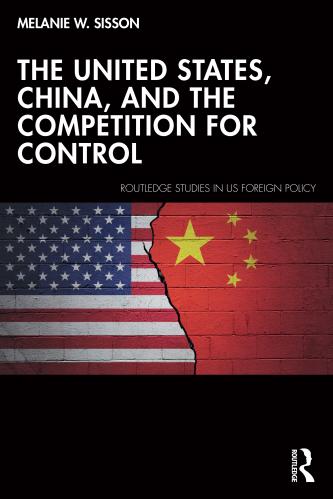
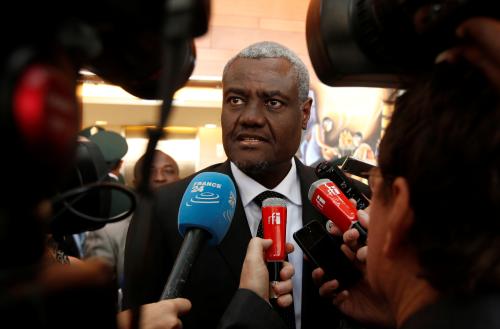
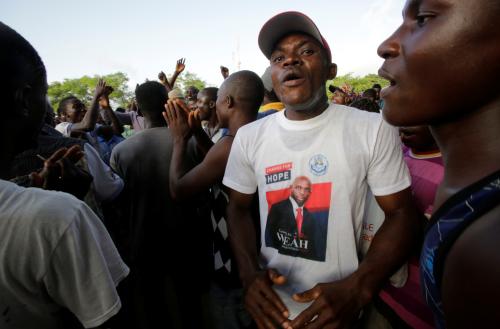
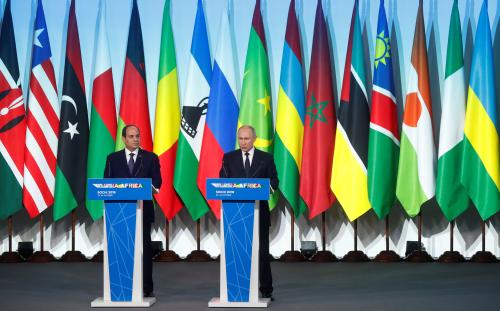

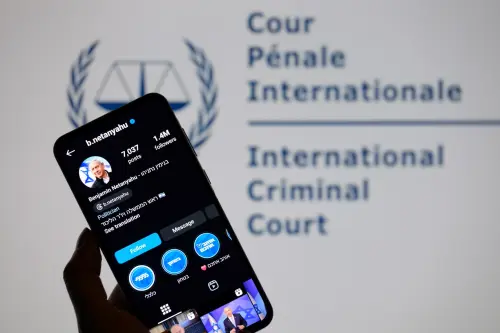
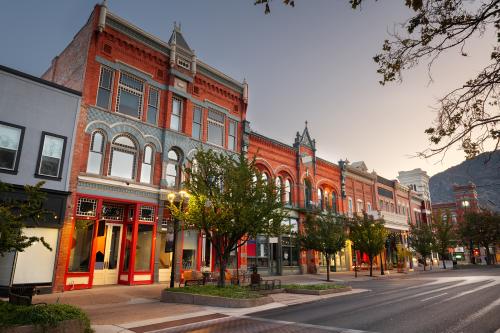
Commentary
Africa in the news: ECOWAS summit, South Africa’s recession, and China-Zambia mining tensions
June 9, 2017